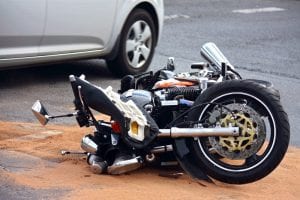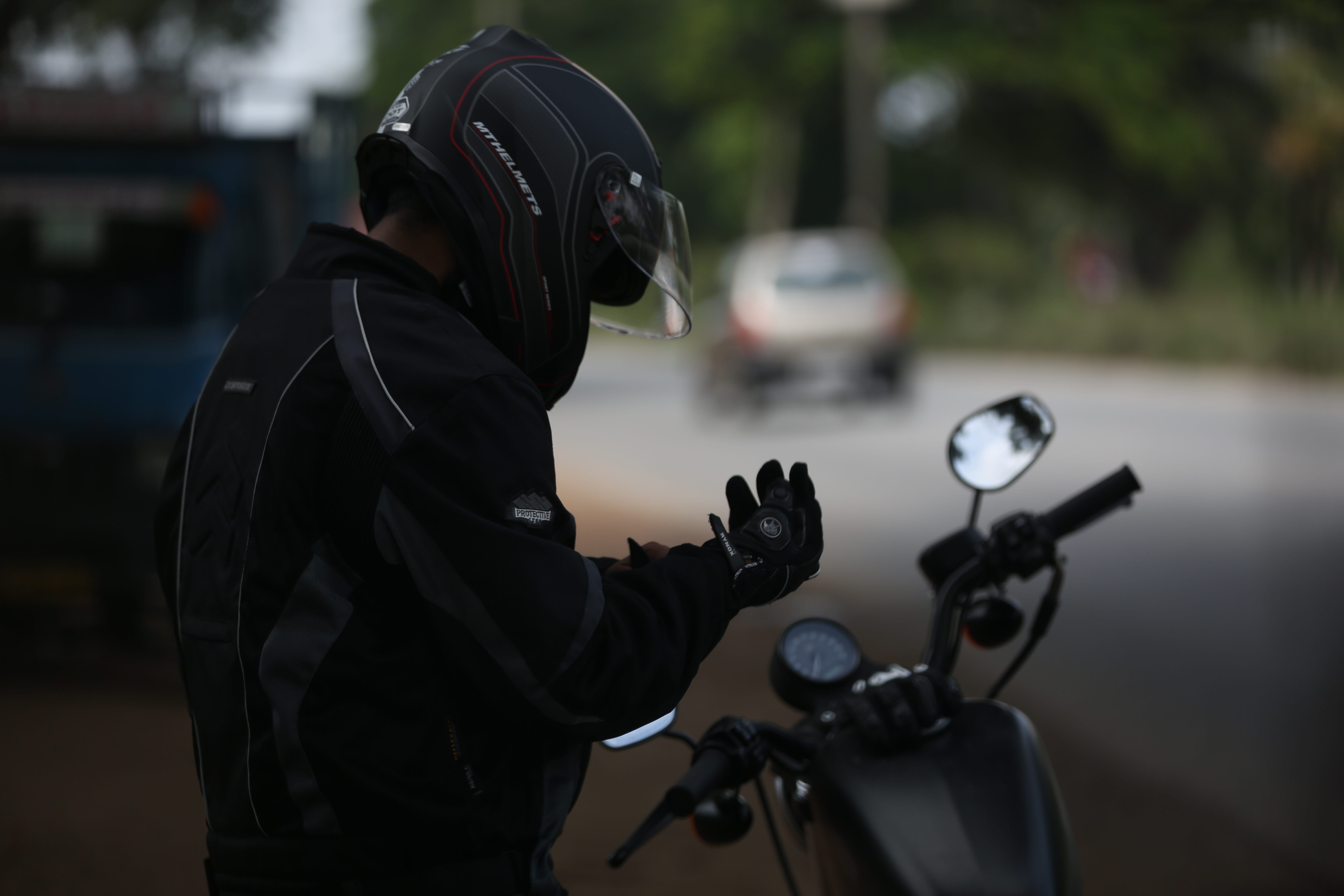Disoriented, with a rush of adrenaline and disbelief, from what just occurred. You’re not sure if you saw it coming, but you’ve just been involved in a motorcycle accident, and you’re not sure what to do next.
Motorcycle accidents are so hazardous that over 80% of them cause injuries or death to the riders. The aftermath can be overwhelming, leaving many victims feeling hopeless or lost.
All too often, many accident victims find themselves wishing they had done things differently after a motorcycle accident. For this reason, we have gathered all the steps you should take to avoid similar regrets.
Read on to find out what to do after a motorcycle accident.
Check for Injuries
After a motorcycle accident, the most important thing you have is to check yourself and others for injuries.
If you have sustained severe injuries and feel that you cannot move, you must remain still and wait for others to help you. If you suspect others have been severely injured, you must avoid moving them because the injuries could worsen.
Some of these injuries could include spinal cord injuries, bone fractures, or internal bleeding. You must take care when trying to stand, so be sure nothing is broken first.
Call 911 for Emergency Help
Once you’re done checking for injuries, the first thing you have to do is call 911 for emergency assistance.
Regardless of whether you have sustained serious injuries or not, it’s important that you contact paramedics and the police so they can secure the scene.
An official police report from an officer is one of the most vital parts of filing an accident claim. If you choose to file a personal injury claim against the responsible party, this report will be needed. The accident report will go a long way to show who was at fault.
Get Off the Road and to a Safe Place
If your injuries are not that bad and it’s possible to move, then move away from oncoming traffic and to the side of the road. By doing this, you will help avoid getting into additional accidents from other vehicles.
Depending on how bad the accident was, you will want to ensure you are not near the aftermath of the wreck which could involve shattered glass, fire, or gas leakage.
However, it’s important that you don’t move your motorbike. The police and the insurance adjusters need to view the accident scene and understand who was at fault. It’s also crucial that you not leave the accident scene because it may constitute a hit and run.
A hit-and-run accident is a felony in most states so that you could be facing charges. Remaining at the site of the accident is also crucial for liability. It’s virtually impossible for you to prove that you didn’t cause injuries or damage anything if you weren’t in the aftermath after the motorcycle.
Gather Contact Information
After a motorcycle accident, you must exchange contact information with other involved motorists. Get the name of the driver, their contact information, their address, insurance information, and vehicle information.
Apart from the involved parties, you must document witness information. Notice that any eyewitnesses have approached the accident scene, ask them for their name and contact information because you may need them later. Statements from witnesses can prove to be indispensable as they offer persuasive testimonies during an accident claim.
You should also document the presence of an officer who responds to the emergency call. Note down their name and badge number. Once they have written the accident report, ask them for a copy.
Take Photos and Record Videos of the Accident Scene
Gathering evidence is one of the most important things you can do after a motorcycle accident. If you’re in a position to do so, use your phone to take as many photographs of the accident scene as possible. Photos and videos are usually beneficial if taken immediately after the crash before anything is moved.

Once you take photos, record a video that showcases the accident scene and the surroundings. Make sure you capture everything from any skid marks to the weather, traffic signs, motorcycle and vehicle damages, and anything else that could help prove your case.
The more evidence you can gather, the stronger your case will be.
Don’t Discuss the Accident with Others at the Scene
You must avoid talking about the accidents with others before the police arrive. Whether it’s the other involved driver, passengers, or bystanders, avoid speaking with anyone unless it’s to gather insurance and contact information.
Once the police arrive, you can discuss the accident without leaving out information or embellishing facts.
Do Not Admit Fault
Whether you realize that you were at fault or not, it’s of absolute importance that you do not admit this to anyone. Avoid apologizing for the accidents as it can be interpreted as an admission of fault.
When discussing the accident with the police, relay the events of the accident without admitting fault, even though you believe you are partially to blame.
You cannot determine if you were really at fault until all evidence is reviewed and a full investigation has been conducted. You may believe that you made a mistake, but the evidence could pinpoint bad weather, poor road conditions, or another detail, like the other driver being intoxicated.
Get Medical Attention
Depending on the severity of your injuries, you have to get medical attention as soon as possible. Even if you sustained minor injuries, you have to get a check-up because some symptoms don’t present themselves until hours or days later.
If you do not get medical help or avoid it altogether, it will be used against you when you file an injury claim.
Hire an Experienced Motorcycle Accident Lawyer
After a motorcycle accident, you are entitled to compensation for your injuries and damages to your bike. It’s important for you to hire a professional and experienced to help you file a claim.
If your injuries were severe, you might be looking at substantial medical bills, permanent injuries, loss of wages, regular pain and suffering, and so much more. Having a professional lawyer fight for your case increases your chances of getting the compensation you deserve.
LegalReader thanks our friend Daniel Kim for permission to share this article. The original is found here.


Join the conversation!